Cats are mysterious creatures, often leaving their human companions puzzled by their behavior. While they can be affectionate and loving, there are certain things about us humans that can rub them the wrong way. If you’ve ever been on the receiving end of a disdainful look from your feline friend, you might be guilty of one of these common offenses. Let’s dive into the top eight things your cat might hate about you.
Ignoring Their Personal Space
Cats are known for being independent creatures who value their personal space. Unlike dogs, who might enjoy constant cuddling, cats often prefer to be left alone. If you’re the type who can’t resist picking up your cat every time it saunters by, you might be invading its personal bubble. Cats appreciate their autonomy and often need time to themselves. Imagine if a giant hand scooped you up every time you walked into a room. It would get old fast, wouldn’t it? Respecting your cat’s boundaries can lead to a more harmonious relationship.
Loud Noises and Chaos
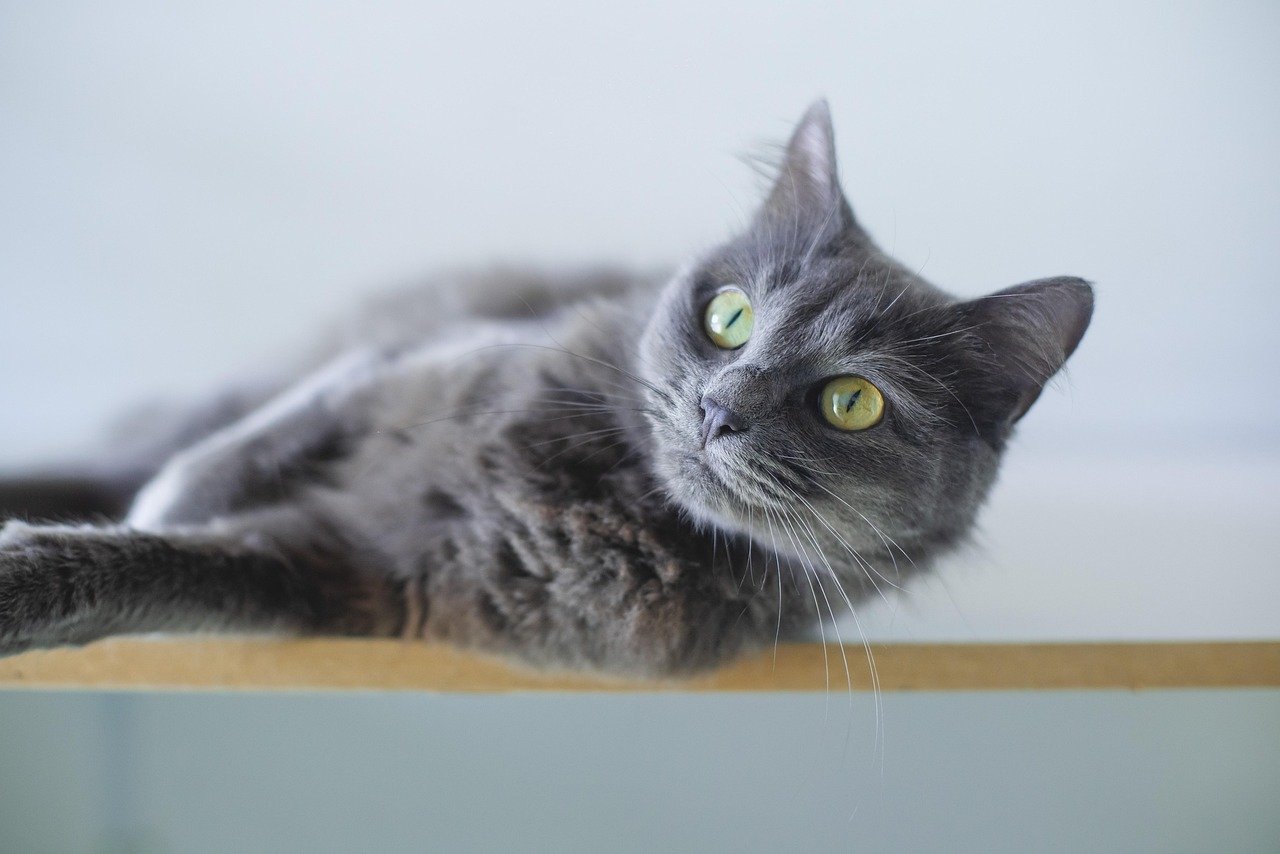
Cats possess incredibly sensitive hearing, and loud noises can be extremely distressing to them. Whether it’s the sound of a vacuum cleaner, a blaring television, or a door slamming, these sounds can make your kitty bolt for cover. In a cat’s ideal world, everything would be as quiet as a gentle whisper. It’s essential to create a calm environment for your feline friend. If you’re planning a loud event at home, consider setting up a quiet space where your cat can retreat to feel safe.
Disrupting Their Routine
Cats thrive on routine and predictability. They like knowing when they’ll be fed, when it’s time to play, and when they can expect some quiet time. If you’re constantly changing your schedule or feeding times, your cat might feel unsettled. Think of it as if someone kept switching your meal times or bedtime without notice. It’s unsettling and can lead to stress. Sticking to a consistent routine will make your cat feel secure and loved.
Strong Scents and Fragrances
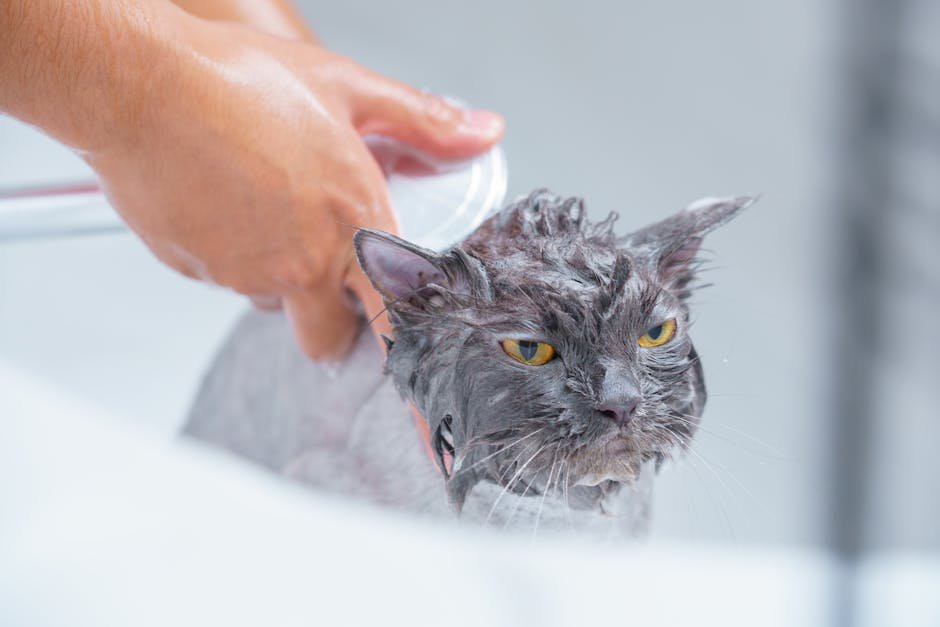
Cats have a keen sense of smell, which is much more acute than ours. While you might enjoy a spritz of perfume or the scent of a new air freshener, your cat might find these odors overwhelming or even offensive. Imagine being stuck in a room filled with overpowering aromas that you can’t escape from. It’s essential to consider your cat’s sensitive nose when introducing new scents into your home. Opt for unscented products or ensure good ventilation to help your cat stay comfortable.
Unwanted Attention or Petting
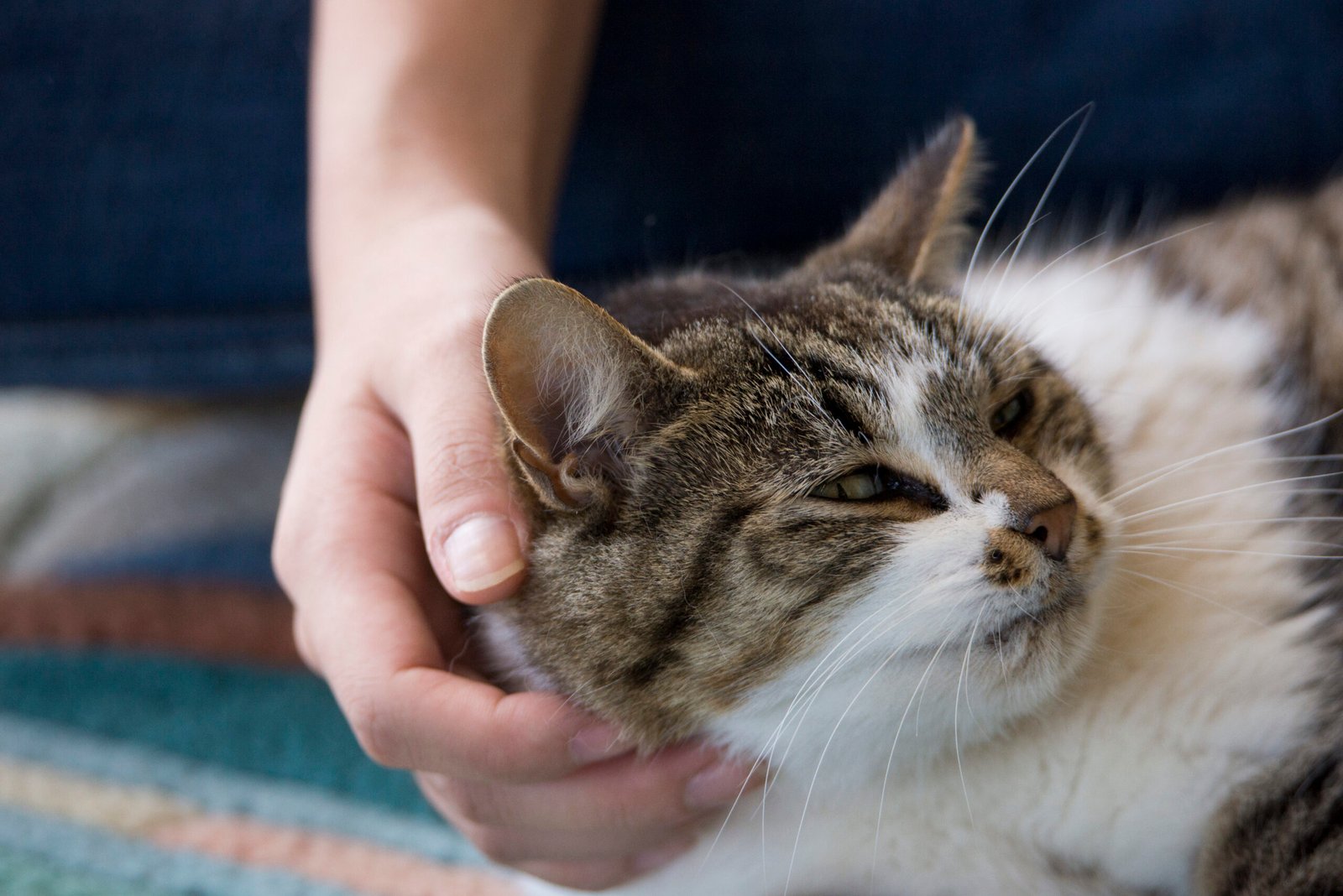
Every cat has its own preferences when it comes to physical affection. Some might enjoy a good scratch behind the ears, while others might prefer a gentle pat on the back. If you’re giving your cat unwanted attention or petting them in ways they dislike, they’re bound to get annoyed. Think of it as someone constantly tapping your shoulder when you’re not in the mood. Pay attention to your cat’s body language, and learn what they enjoy and what they don’t. This will help strengthen your bond.
Dirty Litter Box

A clean litter box is crucial for a happy cat. Cats are fastidious creatures and appreciate cleanliness in their personal spaces. If their litter box is dirty, they might refuse to use it, opting for a cleaner spot, like your carpet. Imagine having to use a dirty restroom—it’s unpleasant and unsanitary. Regularly cleaning the litter box not only keeps your home smelling fresh but also ensures your cat remains content and stress-free.
Not Enough Playtime
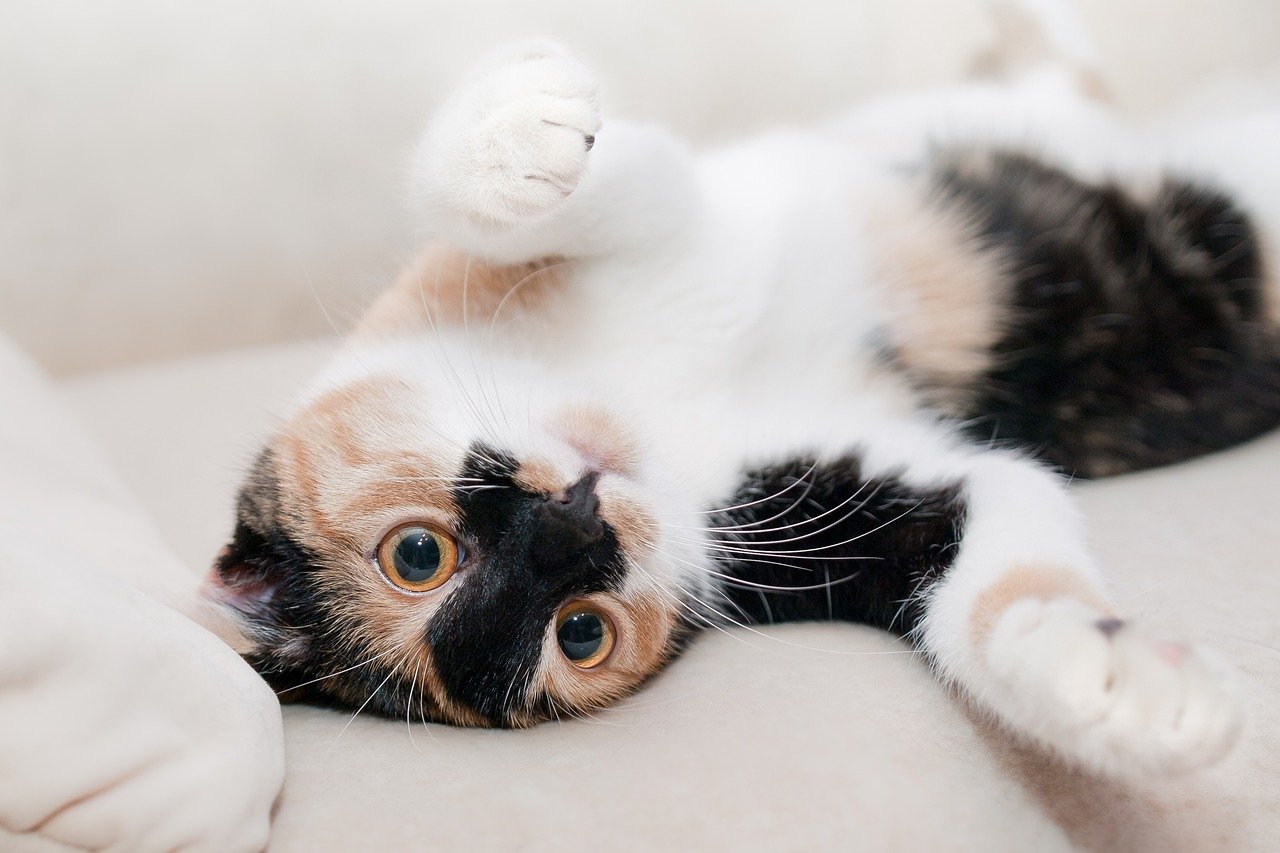
Cats are playful by nature and need opportunities to exercise and engage their hunting instincts. If you’re not providing enough playtime or stimulating activities, your cat might become bored or even destructive. Think of it as being cooped up all day without anything to do—it’s frustrating. Interactive toys, laser pointers, and regular play sessions can keep your cat entertained and happy. Investing time in play can lead to a healthier and more content feline.
Unfamiliar Visitors
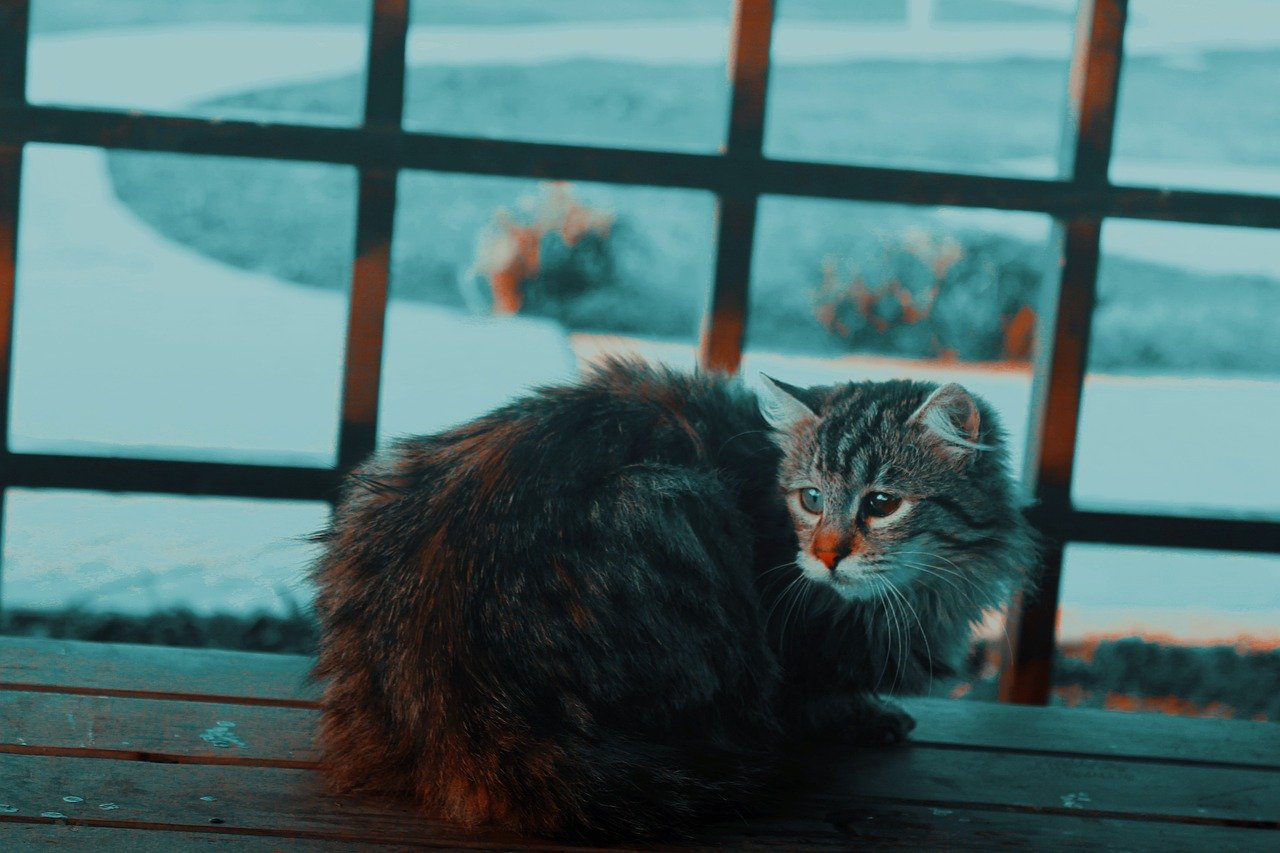
Cats can be territorial and might not appreciate strangers invading their space. When you have guests over, your cat might feel anxious or threatened, especially if the visitors are loud or overly attentive. Imagine someone unfamiliar entering your home and acting as if they own the place—it’s unsettling. Providing a safe, quiet space for your cat during visits can help them feel secure. Let your cat approach guests on its own terms to avoid unnecessary stress.
By understanding what your cat dislikes, you can create a more harmonious living environment for both of you. Remember, a happy cat often means a happier home.
Jen is a passionate nature lover and ocean conservationist. She has dedicated her life to protecting the environment and preserving the beauty of the natural world. Growing up in a small coastal town, Jen sincerely appreciated the ocean and its inhabitants. She has spent countless hours exploring the shoreline, learning about the creatures that inhabit the waters, and advocating for their protection. Jen is an active member of ocean conservation organizations, and she is committed to educating the public about the importance of conserving wildlife and the natural environment.





